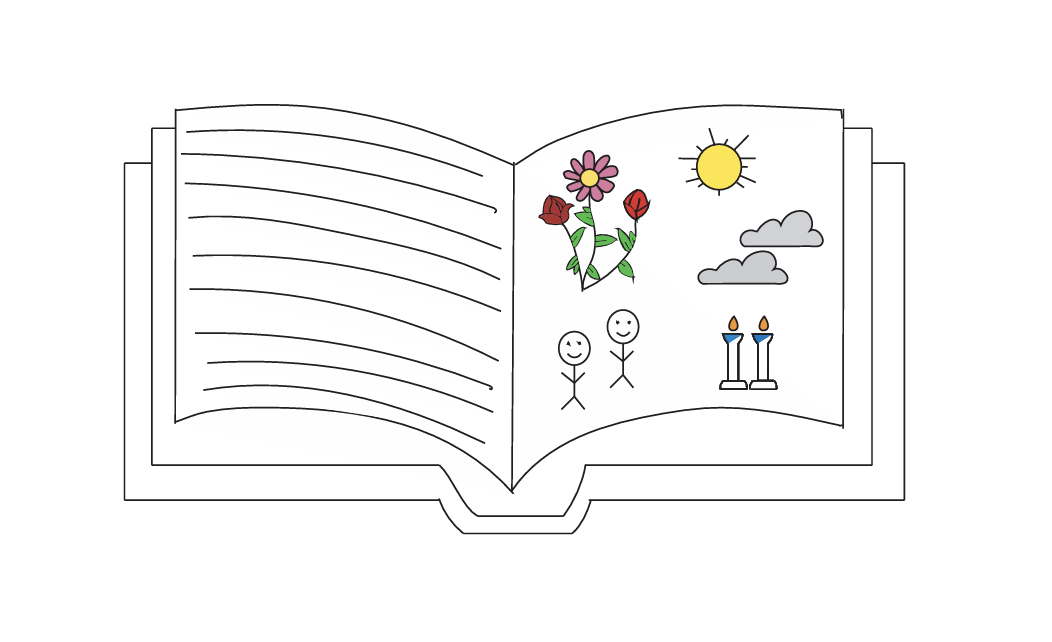In parashat Chayei Sara, Avraham’s servant Eliezer arrives in Aram Naharayim and brings his camels to a well, where he prays to encounter a suitable wife for Yitzchak. The parsha says that the camels, which belong to Avraham, stand out from the others; this is how Rivka knows that they’re not local — they’re visitors. She offers to draw water for Eliezer and his camels, and thus the servant knows that Rivka will be Isaac’s bride.
How did the camels stand out? According to Rashi, Avraham’s camels were distinguished by wearing muzzles, perhaps so they wouldn’t eat from grain that was not theirs — that is, grain a tenth of which had been given to the poor. But this presents a problem. In Tractate Hallin 7a of the Gemara, Rabbi Pinchas comes to an inn and the innkeeper tries to feed his donkey. The donkey, though it is not muzzled, won’t eat. They sift and otherwise improve the food and the donkey still won’t eat it. So Rabbi Pinchas suggests that perhaps the food has not been tithed. They remove a tenth of the food, set it aside, and then the donkey eats.
But how could Rabbi Pinchas’s donkey, which was not muzzled, be more sensitive than the camels of Avraham Avinu, which presumably did need to be muzzled? This idea is impossible.
According to this Gemara, the story of Rabbi Pinchas’s donkeys shows that Abraham’s camels’ muzzles weren’t wearing muzzles to keep them from eating. Rather, it was so nobody could even think that Avraham’s camels could possibly have eaten from another person’s field. Abraham Avinu was ‘or legoyim’ — a light unto the nations — and this is part of how he did it. He took care not even to arouse suspicion of stealing, let alone stealing itself.
The moral is that you, too, have to be a light unto the nations — this is the representation of the Jews. When someone sees a Jew they should know that that person would never steal. Remember this when you are out and people are seeing you. When you’re in a store, for example, you should think very carefully about what you’re doing, so it can’t even seem like you might be
doing something wrong. For example, don’t pick up a candy bar if you’re not going to buy it. Don’t do anything that would arouse suspicion.






